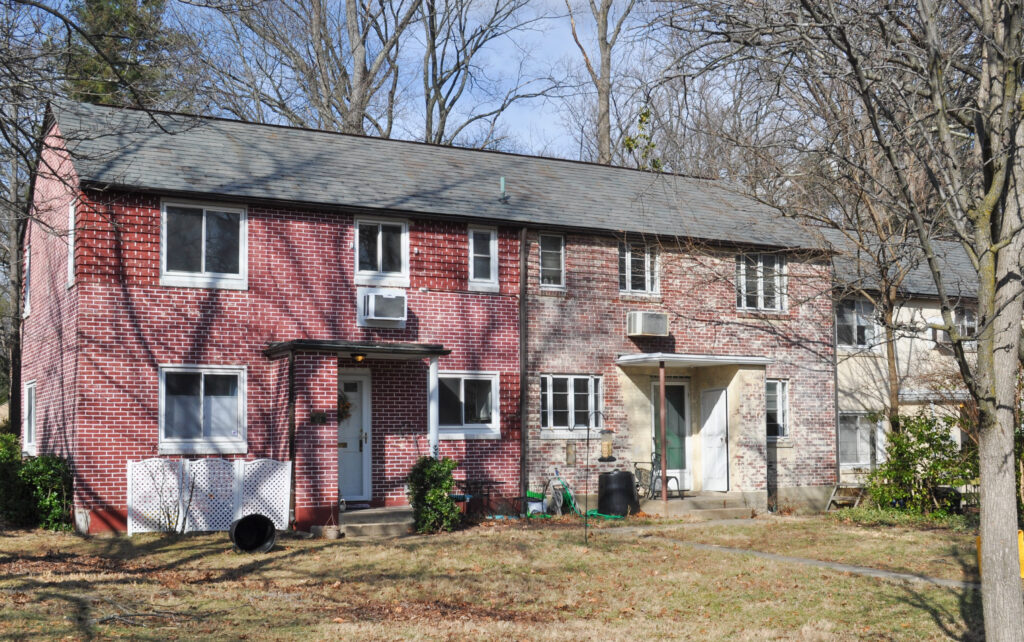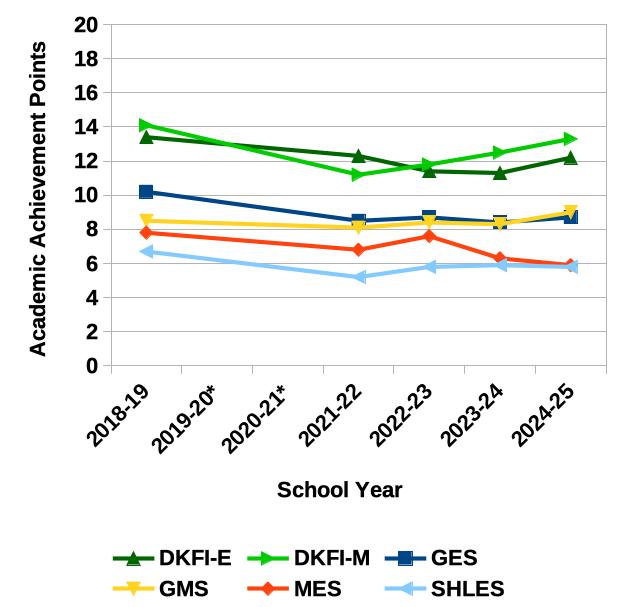Representatives of WSSC Water (WSSC), the agency that provides water and sewer services to Montgomery and Prince George’s counties, met with the Greenbelt City Council on June 21 to discuss the agency’s Get Current amnesty program and refurbishment of the water tower on Lastner Lane. After the worksession, council briefly discussed potential issues with the July 1 legalization of recreational marijuana.
Get Current
The amnesty program is important because on July 5, WSSC will significantly increase the number of customers eligible to have their service disconnected. Monica Marquina, WSSC government affairs manager, said the agency wants to get customers who are behind on their bills onto a payment plan. The program only applies, however, to properties with individual water meters. WSSC defines a residential customer as one with an individual water meter. Customers in condominiums, apartments and other housing types with master meters are not eligible.
Marquina said that the current threshold for disconnection is an unpaid balance of $1,000. Once the Get Current program ends, that threshold will be reduced. The Get Current program has recently been extended through July 31.
According to the WSSC website eligible residential customers whose household income is below 150 percent of area median income will receive a 10 percent bill credit for payment in full of the delinquent amount, at which time WSSC will waive 100 percent of late payment charges and turn-on fees. Participants will receive a 5 percent bill credit for 50 percent payment of the delinquent amount and successful completion of a six-month payment plan. Upon completion of the payment plan, 100 percent of late payment charges and turn-on fees are waived. Residential customers above 150 percent of area median income and commercial and multi-unit residential accounts with master meters are eligible for the 100 percent waiver of late payment charges and turn-on fees.
Residents in arrears should call the number on their notices from WSSC, which will take them directly to representatives who can address their accounts. They will also try to connect eligible residents to federal/state/county assistance programs.
If customers experience unexpected changes in their bills, they should contact WSSC, which can investigate whether there are problems such as a pipe leak, a problem with a toilet or a malfunctioning meter.
Although customers with master meters are not eligible for the Get Current program, there is other assistance available, Marquina said. Such customers should go to WSSC.com/assistance for more information.
Marquina said that customers in Prince George’s County owe roughly $25 million in past-due bills. About 13,500 accounts are delinquent by more than $800. She said the agency has been cautioned by credit bureaus that failure to deal with the debt could result in downgrading of its credit rating, which would increase its cost to borrow funds for its infrastructure projects. She noted that unlike other utilities, such as Pepco, WSSC is a multi-county agency, not a business and it does not make a profit.
Water Tower
The other main topic of discussion was the planned work to refurbish the standpipe (water tower) at the top of Lastner Lane. The tower predates the city. Although it sits on city land, Director of Planning and Community Development Terri Hruby said that in 1936 the Resettlement Administration, the agency responsible for the Green Towns program, including the founding of Greenbelt, granted rights to WSSC to use the property in perpetuity for providing water to Greenbelt. Although the land under and around the water tower is recorded in land records as city property, the sub plat for Boxwood, she noted, shows WSSC as the controlling property owner.
WSSC has recently purchased 241 Lastner Lane, which is adjacent to the tower. Despite having been sent residents’ questions in advance, the representatives at the meeting had little information about the project. In her email response to the questions submitted, Marquina said that “The property will allow the construction of replacement piping and valves.”
Also in that email, Marquina said the standpipe was last refurbished in 1993; there are no issues with the ground settling or sinking under the standpipe; and there are no plans to explore replacing, rather than refurbishing the standpipe. She did not respond to a question about whether the WSSC driveway would be expanded.
At the meeting, the representatives were also unable to answer questions such as whether WSSC plans to demolish the house at 241 Lastner Lane and if so, when. However, Marquina said that purchasing a house for access to a standpipe is “not out of the ordinary.” Customer Advocate David Wilkins said they would take down the questions and get back to the city. As of July 3, the city had not received any response, according to City Clerk Bonita Anderson.
Other questions that were asked but not answered at the meeting included why this refurbishment required obtaining the house when previous refurbishments did not, whether WSSC will own the house in perpetuity and whether the city would be reimbursed for the loss of tax revenue that would otherwise have been paid on the property.
No zoning issues exist with the purchase as Hruby told council that as a public utility, WSSC’s use of the property is consistent with its current zoning.
Wilkins did agree that there should be a community meeting, probably in August.
Robert Goldberg-Strassler, co-president of the Boxwood Village Civic Association, asked about the impact of the standpipe refurbishment project on Boxwood Village and on Lastner Lane. He pointed out that the road was the main thoroughfare to Greenbelt Elementary School and for emergency response vehicles.
GHI
Jordan raised the issue of the longstanding dispute over changes WSSC wants to make to its commitments to GHI. The meters in GHI are very close to the houses, meaning that WSSC is responsible for maintaining the pipes all the way to the meter locations. WSSC would like to move the meters closer to the street and transfer the burden of maintaining large sections of pipe to GHI. Jordan noted that the city is very supportive of GHI, which does not want to take on responsibility for a lot of additional infrastructure.
Marquina said that an internal meeting is planned in the next few weeks to bring the new GHI general manager and others up to speed on this issue.
Marijuana
Councilmember Judith Davis reported that she had gotten a letter regarding potential problems after the state legalized recreational marijuana use. The writers were particularly concerned about problems with the smoke, particularly in multifamily housing and wanted a city ordinance. Davis asked what the city would do if someone lit up a joint in Roosevelt Center.
Jordan said that he was also concerned but did not see that there was much the city could do given that state law permits recreational use. In addition, he said the city cannot really regulate what happens on private property. He expressed frustration about the lack of information/guidance from the state government.
Councilmember Kristen Weaver pointed out that smoking cannabis will not be permitted in areas where smoking is prohibited. So, she said, the response to smoking cannabis in Roosevelt Center would be the same as what happens if someone lights a cigarette there. Davis, in an undertone, muttered “nothing.”
The law that went into effect July 1 prohibits smoking cannabis in public places, which is a civil offense subject to a $50 fine for a first offense and up to $150 fine for subsequent offenses.



